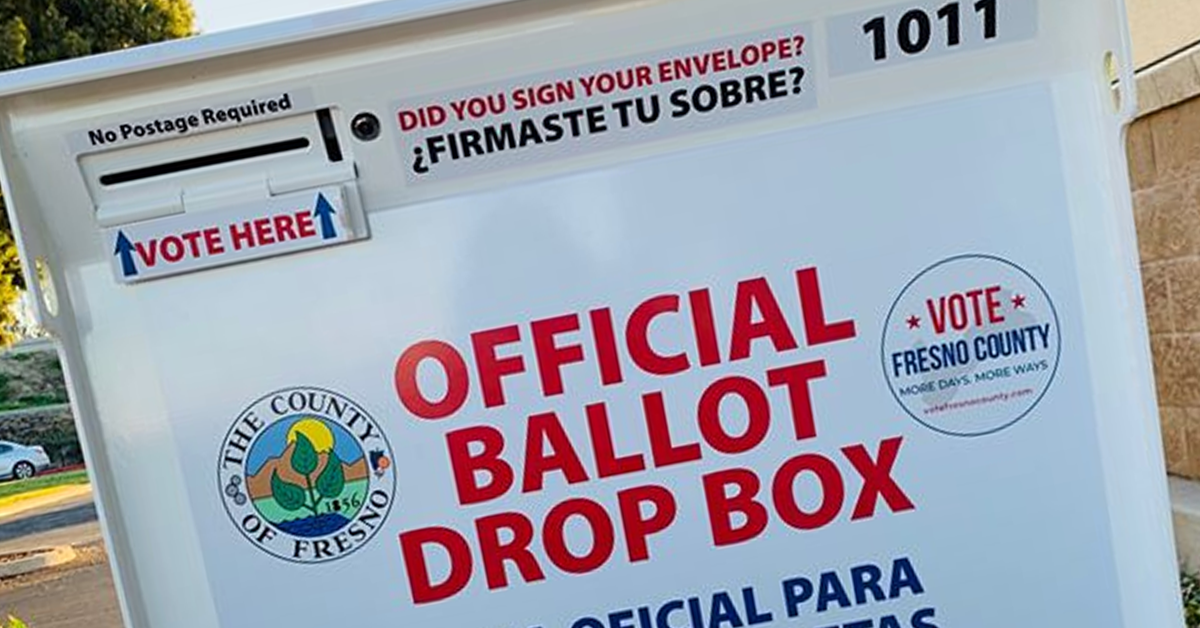SLOAN ALREADY HAD THE DOUGH
The spotlight at Brand’s news conference should be on Sloan. He’s the key to bringing Bonusgate into focus.
Let’s start with some dates.
The Transparency Act was passed in 2010. The last employee compensation report from the Swearengin Administration came in 2012. City finances began emerging from a six-year funk in 2014. Sloan went to Rudd about bonuses in 2015.
Budgets were approved by the council every June during this span. Council members are paid $65,000 a year (a bit more for the council president) to be full-time council members.
Let’s hear from Sloan.
Sloan in our Saturday afternoon interview said he met with the council in March for his annual performance evaluation. Such evaluations are done in closed session.
The issue of pay for his secretaries, clerks and lawyers came up. They, like all other city employees, made financial sacrifices when the city was struggling to stay solvent.
Sloan said told the council he would forego a raise. City finances were still fragile. Besides, Sloan felt he was paid fairly because he was making the same as the city manager — $189,000 a year.
Then came the June budget hearings. Sloan told the council about his spending plan in the City Attorney’s Office for the 2015-16 fiscal year beginning July 1. Sloan said he asked the council’s permission to give modest pay hikes to some of his employees. The raises would make no one wealthy, Sloan said. They would merely help the employees recover some of the lost ground in their paychecks.
The purse strings were also starting to loosen in other departments, Sloan said.
The council gave its blessing, Sloan said.
Budget hearings ended. The council approved a budget. Swearengin signed it.
Now it was time for Sloan to fulfill his council-authorized promise. That meant finding the money.
Sloan said the raises weren’t built into the new budget. Instead, Sloan said, he found the money by massaging his roster of employee positions.
This is a tried-and-true method in any bureaucracy for making a buck stretch farther and in a different direction.
The budget might list a $100,000 salary for veteran lawyer. That lawyer might leave for another job. The replacement might start at a $90,000 salary. Presto! Sloan has $10,000 to potentially spend elsewhere.
Another example: The budget might list a staff of 15 lawyers, working full-time for the entire year. But a few of those positions might go vacant during the year. By shrewd juggling of the workload, Sloan might be able to leave one or two positions vacant for a month or two, using the savings to boost his kitty for raises.
(This kind maneuvering, especially in the Police Department, provides a lot of extra general fund cash for top city officials to spend.)








